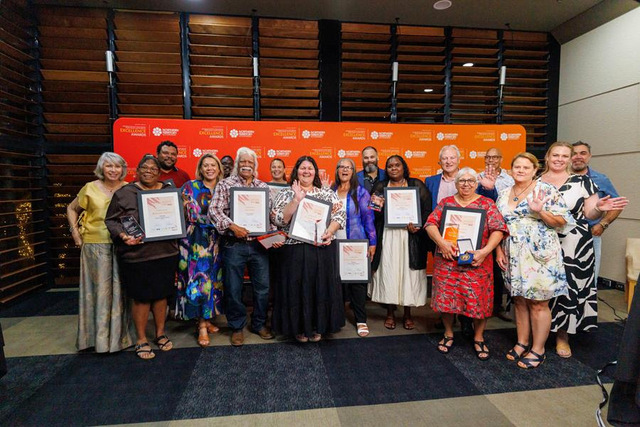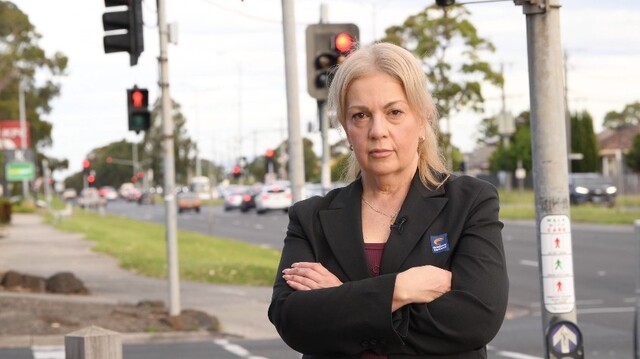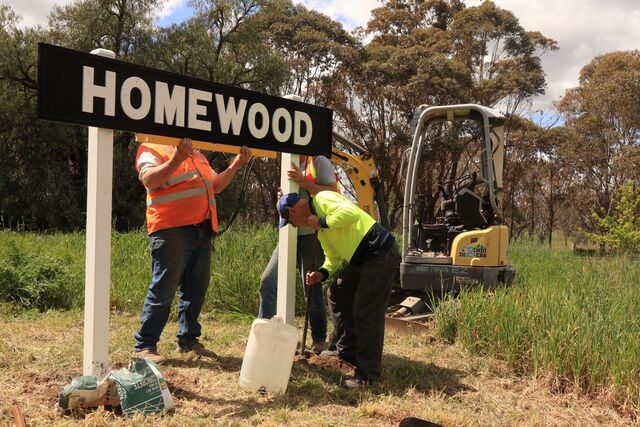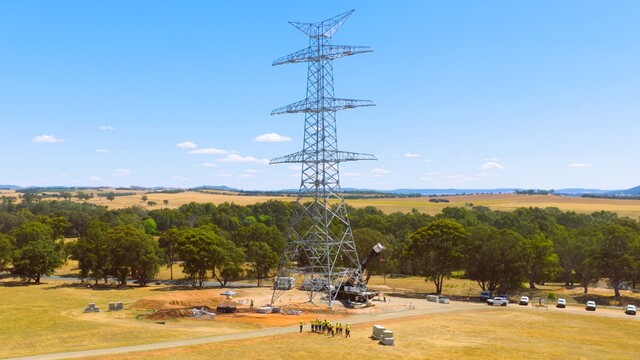The UK Experience by Malcolm Morley*
Four reports produced in December are likely to have a major impact on UK Councils and their communities. They are the Barker Report on Land Use Planning, the Eddington Report on Transport, the Leitch Report on Skills and the Varney Report on Public Service Delivery. The report authors are all distinguished business people. Many readers will recognise the Australian former Chief Executive of British Airways, Rod Eddington.
In this article I will deal with the first two of the reports. Next month I’ll discuss the other two.
The Barker Report highlights the vital role planning needs to play to deliver sustainable economic development. Councils agree with this and see their planning functions as crucial also to their community leadership, place shaping and regulatory roles. Community engagement is often at its highest when major planning applications are considered by Councils.
This report recommends the streamlining of planning policies and processes to improve speed, transparency and efficiency. A significant proposed change relates to major planning applications.
In line with the findings of the Eddington Report on Transport, a radical overhaul of the planning system for major infrastructure projects, including transport, waste and energy, to improve speed and certainty is proposed. Decisions on individual applications would not be taken by Councils but by a new expert independent Planning Commission.
In considering the important role of transport in sustainable economic performance, the Eddington Report concludes that the planning system imposes unacceptable cost, uncertainty and delay. The report states that there is a strong case for reforming the planning process for major transport infrastructure projects to provide greater clarity and certainty without comprising fairness and thoroughness.
This report proposes to put Government Ministers at the front of the process producing clear statements of strategic objectives. It then proposes that new statutory provisions to reinforce the requirement for full and wide ranging public consultation, to enshrine the role of individuals, local communities and interest groups in shaping the future of the UK should be introduced. It also proposes changing the decision making stage through the establishment of a new independent Planning Commission to take the final decision on specific schemes.
While the details are still awaited, this appears to propose changing Councils’ (and local democratically elected Councillors) role from planning application deciders to consultees for major applications. This would be a fundamental change to the ability of Councils to fulfill their local governance, place shaping and regulatory roles.
A live example of this relates to Stansted Airport in Essex. BAA recently applied to extend the use of the existing runway. It also proposes to apply for planning consent for a second runway. Uttlesford District Council refused the application from BAA to extend the use of the existing runway. If the Eddington Report proposals had already been accepted it is likely that the Council would not have been able to take the decision regarding the existing runway. It is also likely that it would not be able to take a decision about a new runway. The use and extension of the airport is the biggest single issue affecting the communities in the Council’s area.
Many Councils will be concerned about how the proposal for a new independent Planning Commission, if introduced, will impact upon their local governance role and their ability to act as community leaders, place shapers and regulators.
*Malcolm Morley is Chief Executive of Harlow District Council and can be contacted via the Editor, email info@lgfocus.com.au The views expressed in this article are not necessarily those of his employer.







